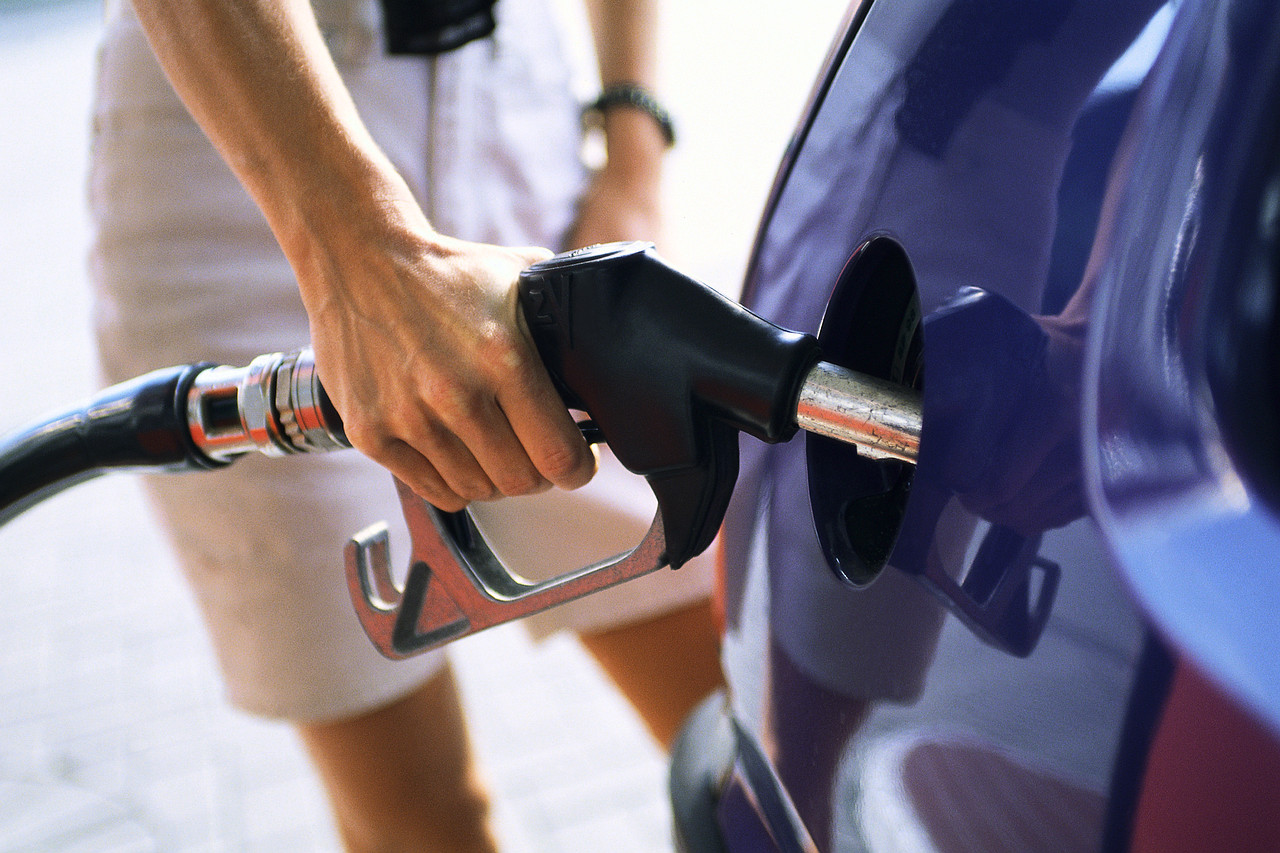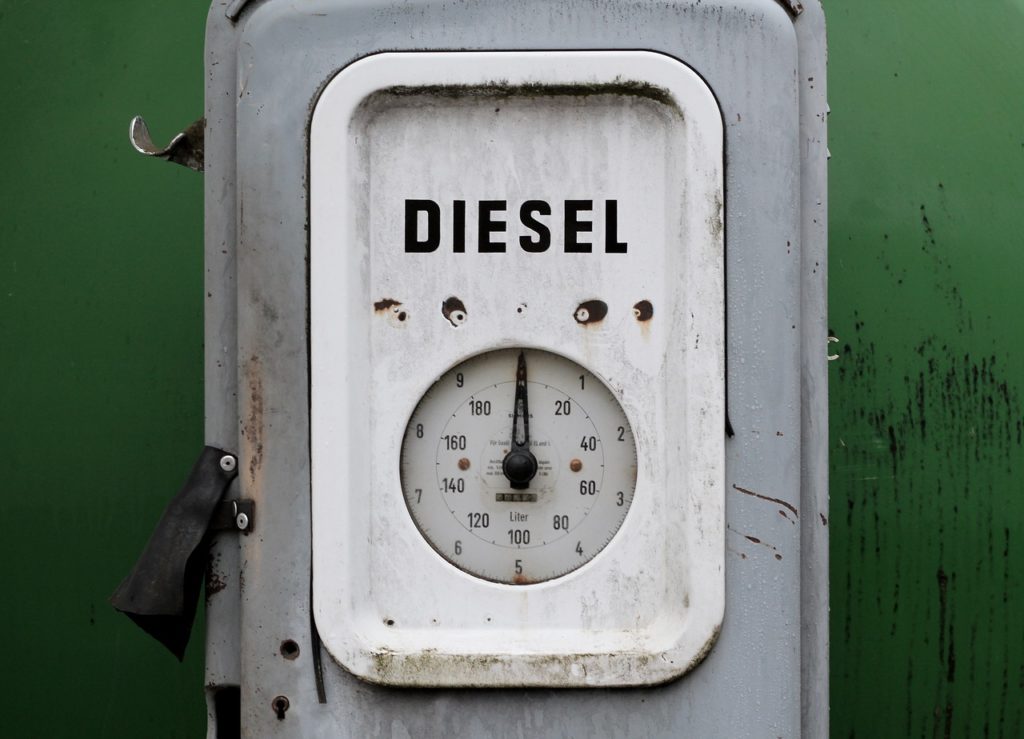In this time and age, the competition to become the best car brand is no longer based on speed. As demonstrated with the all new Toyota Fortuner in the Philippines, today the name of the game is performance, stability and fuel efficiency. These things are important because people are now more aware and conscious of the benefits of owning an economical vehicle. Safer and more comfortable drives as well as friendly to the environment are now among the qualities that people rely on in choosing their new dream vehicle.
However, a debate that has been on-going for the last decade or so is the pros and cons of both diesel and gasoline. This is an issue due to the fact that diesel and gasoline are the life blood of vehicles. It is impossible to run a car, even a hybrid one without the power and combustion supplied by fuel. The crux of the debate is that one of the two sources of fuel is safer or cleaner than the other, both in long terms and short terms.
Diesel
Diesel fuel is actually used in diesel engines found in vehicles, trains, and generators. Diesel fuel is used in generators because the combustion produced by diesel as well as the inner-workings of the generators can actually produce electricity. These are used in far-off places that require electricity such as Alaska or even in some corporate offices in the city.
Diesel is a type of distillate fuel and at least 13 gallons of distillate are produced from a regular 42 gallon barrel of crude oil in North American facilities.
The issue with diesel fuel is that before the year 2015 when regulations on diesel were a little bit more lax, diesel was distilled containing an abnormal amount of sulfur which is dangerous to both the general public’s health as well as being harmful to the environment. In the year 2006, the American organization EPA or US Environmental Protection Agency passed a few regulatory notes that controlled the production and distillation of diesel making it less harmful to both biological health as well as environmental health.
The plus side with diesel is that while it does produce more carbon emission due to combustion and vehicle use, newer cars are actually made to make the most out of those emissions. Because of the advancements of European Vehicle Engineering, diesel engines are now quieter; better low-speed torque as well as more economical consumption of fuel.
Gasoline
Gasoline, on the other hand is distilled from a mixture of petroleum as well as crude oil. It is mainly used in vehicles as well as gasoline-based generators.
Unleaded gasoline actually started out as leaded gasoline. It was made with lead so that it would act as a lubricant to reduce wear and tear on engine valves. However, at end of the year 1995, American authorities banned the sale and production of leaded fuel in the United States due to its negative effects on the environment and on people. Gasoline is usually labeled as regular, midgrade or premium. These labels are not indicators of the quality of the raw materials, rather, they were labeled as such to reflect the octane rating which reflects or at the very least lessen the effects of the anti-knock properties of gasoline.
Unleaded gasoline is marketed as being cleaner than diesel fuel due to the inefficiency of the earlier models of diesel vehicles. However, with recent developments in the auto industry, the cleanliness or efficiency of both diesel and gasoline fuels are now up to debate as well as depending on the make and model of the vehicle.
It’s a good thing that Toyota makes both gasoline vehicles as well as diesel vehicles that comply with the standards of today making Toyota vehicles not only clean but also efficient and worth every penny.


